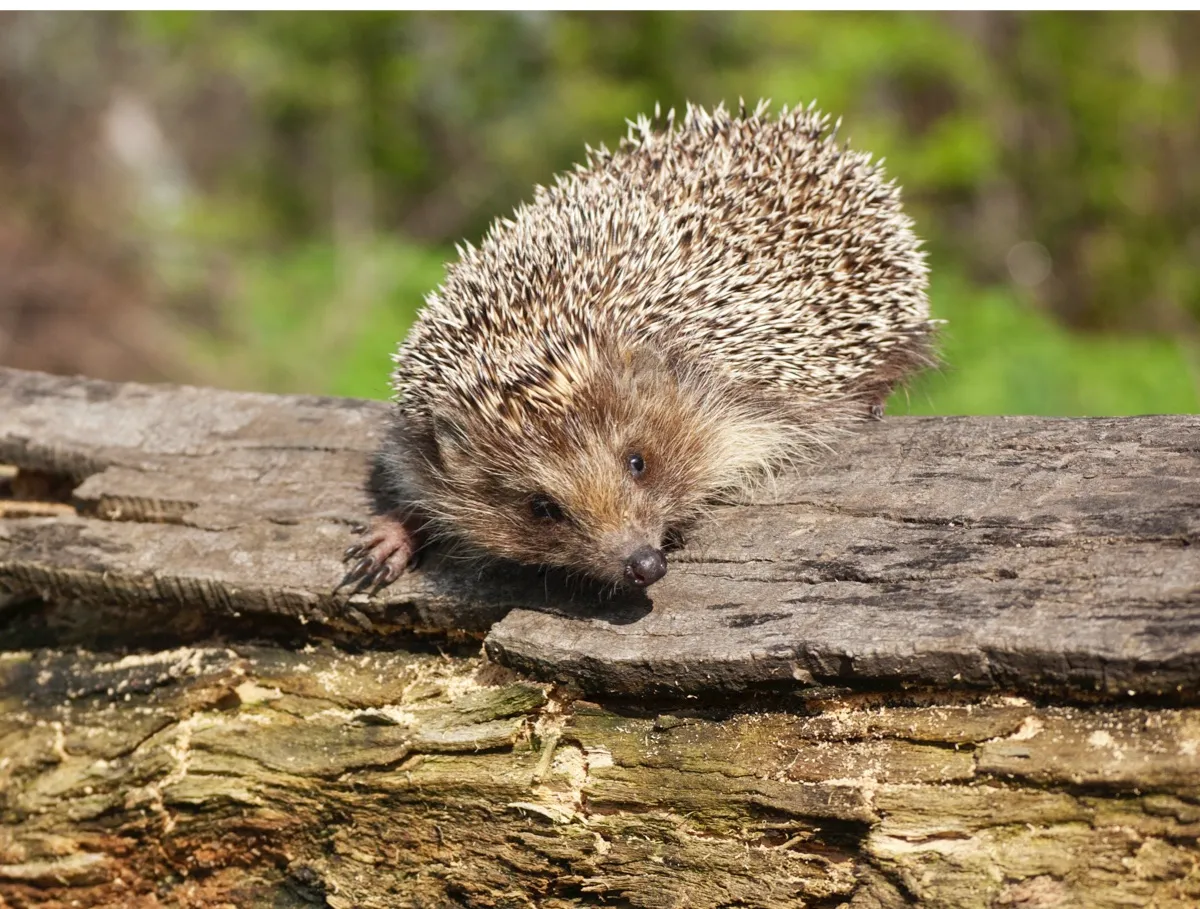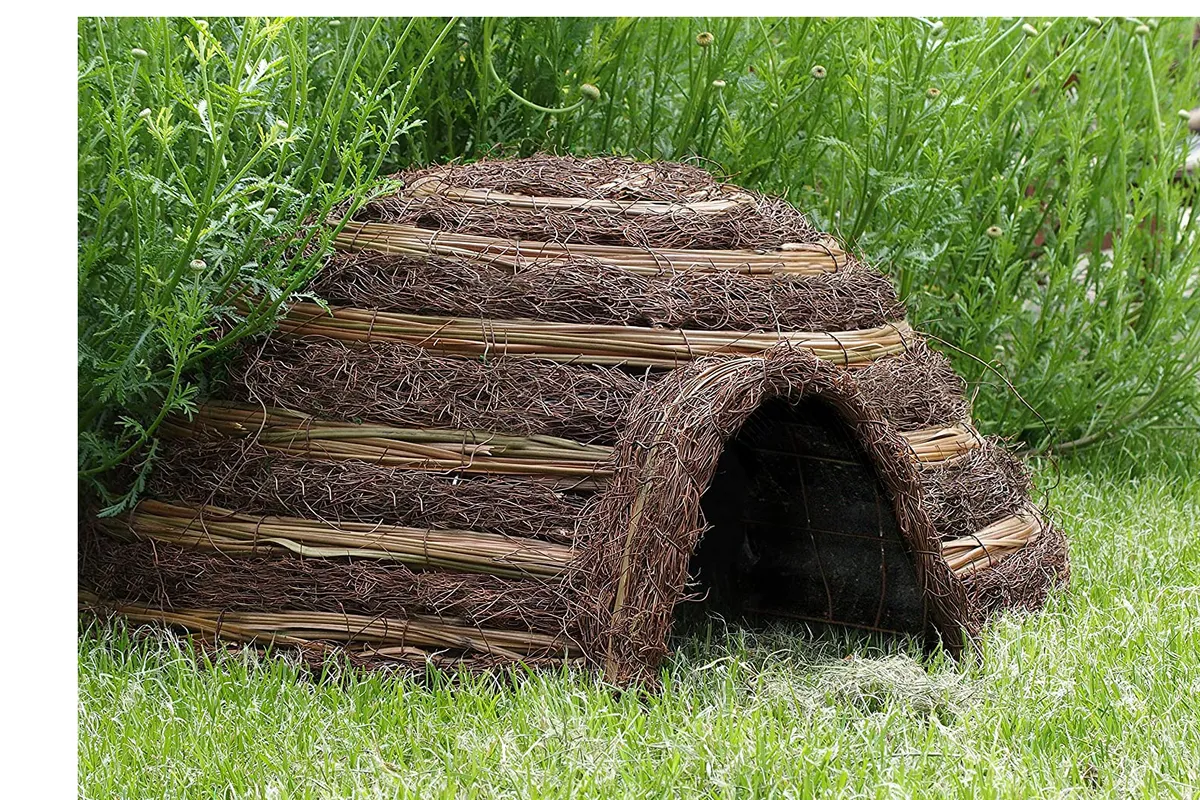A new report was this week published by wildlife charities The British Hedgehog Preservation Society (BHPS) and the People's Trust Endangered Species (PTES) has revealed that the UK's hedgehog (Erinaceus europaeus) populations have continued to decline dramatically in rural areas since the year 2000. The largest areas are in eastern England.
The State of Britain’s Hedgehogs 2022 report uses data collected from five ongoing surveys* between 1981 and 2020. It showed that while rural hedgehogs are still in trouble, those living in urban populations seem to have stabilised and may even be starting to recover from previous drops.
Both charities agree that urgent action is now required to bring the hedgehogs back to the countryside.
Fay Vass, CEO of The British Hedgehog Preservation Society (BHPS), said: “Hedgehogs as we know them today have lived here for at least half a million years, but they’re now facing myriad pressures which are causing populations to plummet, particularly in the rural landscape. The reasons for their decline are complex and aren’t yet fully understood, but two of the main pressures hedgehogs face in both rural and urban areas is lack of suitable habitat and habitat fragmentation.”

“Greater awareness, and individual and community actions, such as making gardens more hedgehog friendly, may be starting to help urban hedgehogs. However, urgent action is needed to understand why rural areas are no longer suitable for hedgehogs, and how conservationists, farmers and land managers can work together to prevent hedgehogs from becoming extinct in the countryside.”
The most apparent losses to hedgehog populations appear to be in the East Midlands and the East of England regions, however, more research is needed to better understand these results across the wider UK.
David Wembridge, Mammal Surveys Coordinator at PTES, said: “Loss of landscape features such as hedgerows is partly responsible for the decline, but not fully, as recent efforts have been made to restore and improve them. We know from research, funded by PTES, BHPS and others over the last decade, that hedgehogs prefer villages to open farmland, and follow field margins and hedgerows. Understanding how hedgehogs use and move through the landscape is a big step forward, but more work is needed.”
“We now need to look at the wider management of farmland and field margins, how the invertebrate species that hedgehogs eat are faring, the impact of climate change, and how connected the wider landscape is. Once we know the full facts, we can start to help rural hedgehogs to recover.”

Many farmers and land managers have already made positive changes to benefit wildlife, such as creating wildflower verges and hedgerows to help connect wildlife areas. However, the PTES and BHPS believe more action is needed, and so are launching the Great British Hedgerow Survey to promote the importance of healthy hedgerows, are seeking to engage with government consultations about sustainable farming and landscape recovery, and plan to set up a national monitoring programme.
A Farmer's Advice booklet is available from the PTES for free download.
In cities, towns and villages, the decline seems to have halted, despite high levels of road mortality. It is thought that connected green spaces are helping support populations within urban environments.
Grace Johnson, Hedgehog Officer at Hedgehog Street (a joint campaign by BHPS and PTES) says: “We’re really encouraged that urban populations appear to have stabilised, but we can’t be complacent as numbers are still low. We hope everyone who has been helping hedgehogs in our towns and villages, including our amazing 100,000+ volunteer Hedgehog Champions, will continue their brilliant efforts over the coming years, and hopefully one day hedgehog sightings will be commonplace again.”
*PTES’ Living with Mammals and Mammals on Roads surveys, BTO’s Garden BirdWatch, BTO, JNCC & RSPB’s Breeding Bird Survey and the Game and Conservation Trust’s National Gamebag Census.






